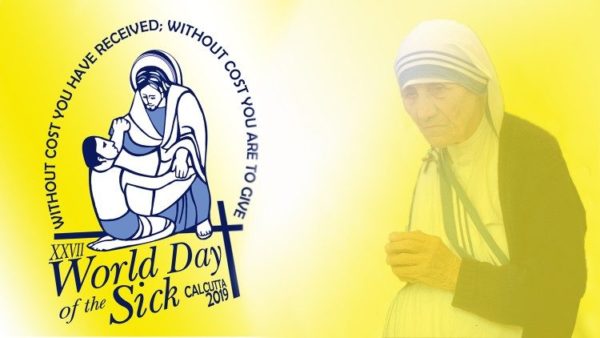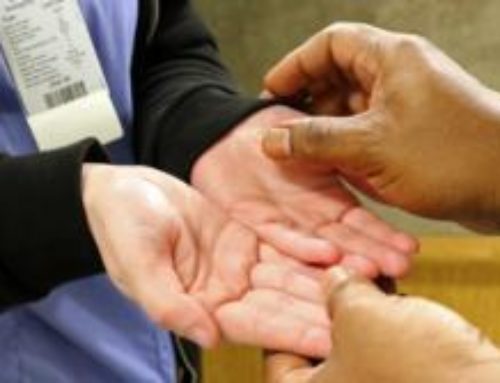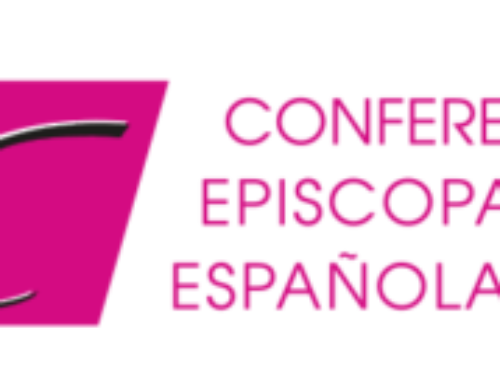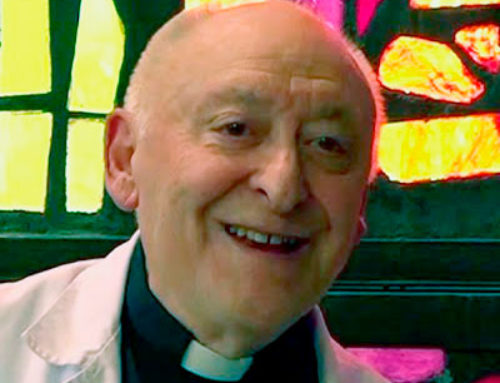With the Motu Proprio “Dolentium Hominum” of February 11, 1985, John Paul II instituted the Pontifical Commission for the Pastoral Assistance to Health Care Workers, which with “Pastor Bonus” in 1988 became the Pontifical Council for the Pastoral Assistance to Health Care Workers.
Its tasks are: to stimulate and promote the work of formation, study and action carried out by the diverse Catholic International Organizations (C.I.O.s) in the health care field as well as other groups and associations which work in this sector, on different levels and in different ways.
The council is in charge of coordinating the activities of different dicasteries of the Roman Curia as they relate to the health care sector and its problems. It spreads, explains and defends the teachings of the Church on health issues and favors its involvement in health care practice. It also maintains contacts with the local Churches and especially with bishops’ commissions for the health world.
Other responsibilities include: following attentively and studying concrete programs and initiatives of health care policy at both international and national levels, with the goal of extracting its relevance and implications for the pastoral of the Church. In order to fulfill its mission, the council asks for the collaboration of experts and creates “ad hoc” task forces on given issues.
The pontifical council is composed of a president, Archbishop Javier Lozano B., a secretary, Bishop José Luis Redrado Marchite, O.H., and an under-secretary, Fr. Felice Ruffini, M.I., besides a staff of 6 officials. The 36 members and 50 consultors, nominated by the pope, represent some Curia dicasteries and organizations, the episcopacy, hospitaller religious orders and the laity (representatives of the C.I.O.s and other groups and associations).
The president, secretary and under-secretary participate in interdicasterial meetings as well as conferences and lectures related to the health care field. Each November the dicastery organizes an international conference in the Vatican on topics concerning the world of science and medicine.
Meetings with bishops on “ad limina” visit to Rome allow the council to learn more directly about the various problems of the health care pastoral faced by local Churches. Likewise, cooperation with pontifical representatives is important for the work of sensitizing people to health care problems in respective legations.
With a pontifical letter of May 13, 1992, John Paul II instituted a World Day for the Sick, which is celebrated every year on February 11, Feast of Our Lady of Lourdes. For this occasion, the pope names a special envoy who represents him in the day’s celebrations.










